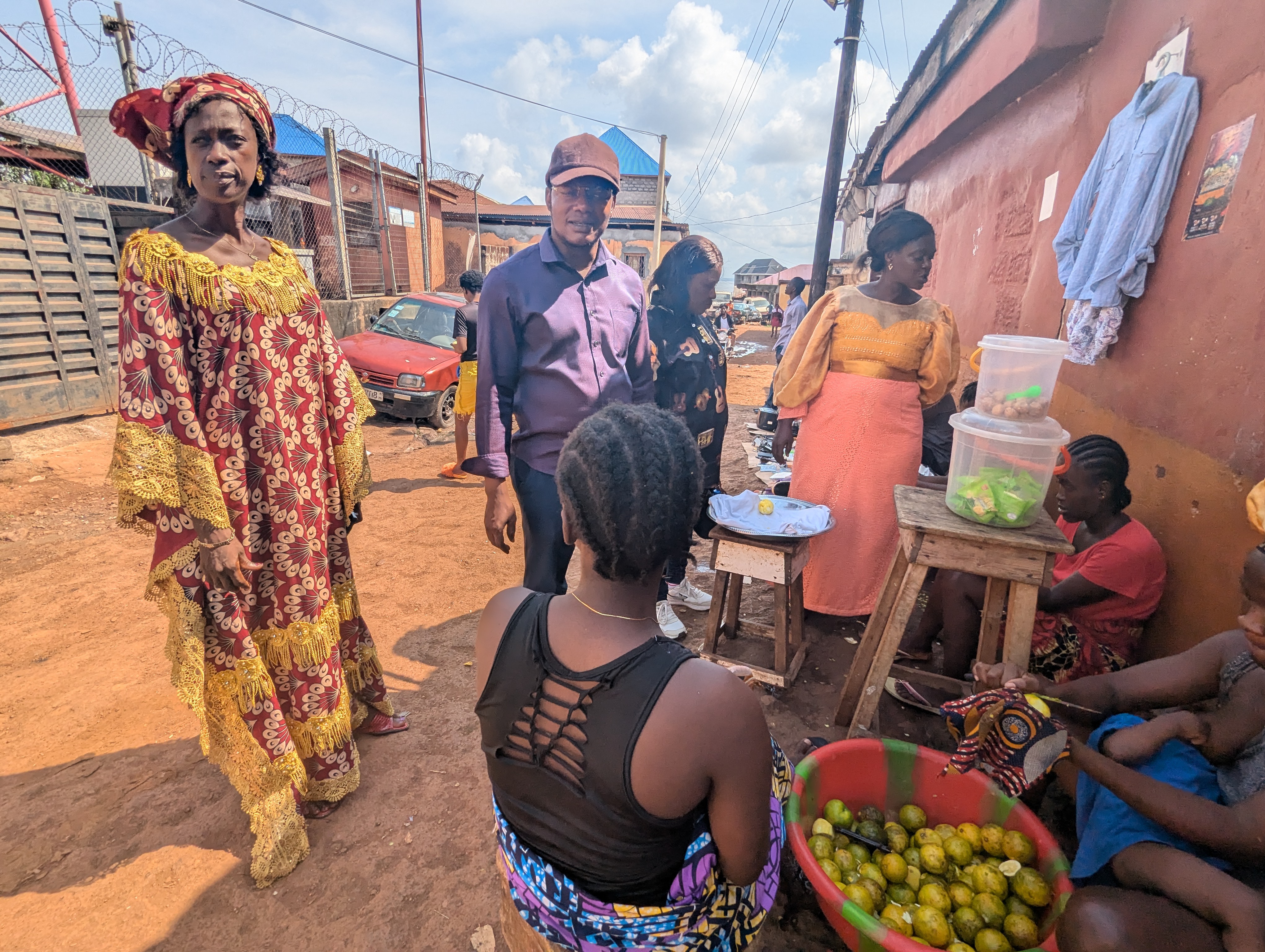Búsqueda
Region
Country
Type
On Wednesday, 10 June, representatives of International IDEA's 28 Member States met in Stockholm for the 8th Extraordinary Session of the Council. The Council of Member States is the governing body of the organization.
A diferencia de lo que ocurre en otros países, en México las elecciones críticas son más frecuentes que las elecciones normales. De manera sorpresiva, los comicios del día de ayer adquirieron una importancia y un significado extraordinarios para una elección intermedia en la que no estaba en juego la Presidencia de la República.
International IDEA and the Parliamentary Centre of Canada jointly implement a project that supports the democratic developments in Bhutan through capacity building of members of the parliament and its staff.
Tensions are reaching boiling point in Burundi as outgoing President Pierre Nkurunziza insists on running for a third term as the country’s leader. His bid comes amid protests of large numbers of citizens and the international community that such a move would be unconstitutional and contrary to the Agreement of Arusha for Peace and Reconciliation, signed in 2000 to end to protracted ethnic conflict in Burundi.
Tensions are reaching boiling point in Burundi as outgoing President Pierre Nkurunziza insists on running for a third term as the country’s leader. His bid comes amid protests of large numbers of citizens and the international community that such a move would be unconstitutional and contrary to the Agreement of Arusha for Peace and Reconciliation, signed in 2000 to end to protracted ethnic conflict in Burundi.
International IDEA hosted the Club de Madrid Next Generation Democracy Roundtable on Wider Europe and Post-Soviet Eurasia on 2-4 June. This event looked more closely at the challenges and opportunities for improving the quality of democracy in Post-Soviet Eurasia and Wider Europe. A diverse region, as it features different institutional performances, political trends and economic outlooks.
Political parties in Zambia take on the challenge to go beyond promises and institutionalise gender equality. Following a roundtable discussion, organised by International IDEA and the Foundation for Democratic Processes of Zambia, the five main parties in the National Assembly have signed an official communique, showing their commitment achieve greater gender equality in Zambian politics.
Despite the existence of laws, affirmative action initiatives and political party reforms, the participation and representation of women in politics remains underdeveloped.
A multitude of factors impede women’s participation on an equal basis with their male counterparts. One such factor is access to the financial resources needed to effectively participate in electoral processes as candidates.
A crucial election will take place in Mexico this Sunday where a large number of seats on both federal and local level are up for renewal. In addition this election is the first test for the new electoral model, reformed in 2014, and could significantly change the political landscape ahead of the 2018 presidential election. This complex election also comes with a host of issues.
El próximo domingo 7 de junio tendrá lugar una crucial jornada electoral en México, ya que se renovará un alto número de cargos de representación y se redibujará el mapa político rumbo a las elecciones presidenciales de 2018; asimismo, se pondrá a prueba el nuevo modelo electoral reformado en 2014. Todo ello en un contexto cargado de diversos riesgos.
Join us on 4 June 2015 from 1100-1230 at International IDEA headquarters to discuss the quality of democracy in Europe with 9 Members of Club de Madrid.
Participate in the debate and engage with these former heads of government and state. Register no later than 1700 on Tuesday, 2 June by email to events@idea.int.
On 13 May, the National Election Commission of Korea hosted the 1stSeoul International Forum on Elections where Andrew Ellis, Interim International IDEA Director for Asia and the Pacific, made a presentation on ‘Making International Aid to Elections Effective’. Andrew talked about aid and democracy, describing its early approach in the 1990s as technocratic.
In September 2014 International IDEA and the Electoral Integrity Project (EIP; Harvard University & University of Sydney), the two sponsors, invited submissions for the second electoral integrity graduate student essay competition. The International IDEA/EIP Award is presented to the author of the best graduate student paper submitted for consideration on the theme of strategic interventions to strengthen electoral integrity.
The Tenth World Economic Forum on Latin America, held this year in the Mayan Riviera from 7 – 8 May, was an excellent opportunity to take the pulse of the situation in Latin America and to identify the main trends in the region.
This is the 2nd article in a series, where International IDEA illustrates how the Electoral Risk Management Tool is piloted and tested, by four separate organizations, in four different parts of the world.
La X edición del Foro Económico Mundial/Latam (FEM), celebrada este año en la paradisiaca Riviera Maya, 7 y 8 de mayo, fue como de costumbre una excelente oportunidad para tomarle el pulso a la coyuntura de América Latina e identificar las principales tendencias presentes en la región.
An article was published in Dagens Nyheter (DN) on the 17th of May. International IDEA’s response on the matters raised in the article is as follows:
1. Consultants and contractors
The principal assertion relates to a contractor taken on to manage the publishing process of the Lessons Learned Project that was started in 2011 at the initiative of the previous Secretary-General.
On 17 May 1990, the World Health Organization decided to remove homosexuality from its official list of mental disorders. The commemoration of this day represents an annual landmark to raise awareness on the specific issues faced by Lesbian, Gay, Bisexual, Transgender and Intersex (LGBTI) people.
The agenda-setting process for the post-2015 framework was characterized by an unprecedented global conversation involving a wide range of state and non-state actors.
The intergovernmental negotiations culminated in the adoption in September 2015 of a new and ambitious development agenda, outlined in the Sustainable Development Goals (SDGs).
